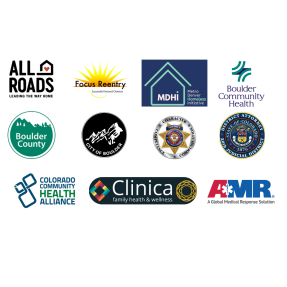Project Overview
The city's 2017 Homelessness Strategy was built around the belief that Boulder community members should have the opportunity for a safe and stable place to live. The strategy expands pathways to permanent housing and increases access to programs and services.
As part of Homeless Solutions for Boulder County (HSBC), a collaboration between the City of Boulder, the City of Longmont and Boulder County, the city has worked to expand housing opportunities and supportive services, maximize efficiency and effectiveness through partnerships, increase public information and create safe and welcoming public spaces.
The Homelessness System Evaluation comprised an evaluation of the HSBC system and an update to the city’s 2017 Homelessness Strategy.
